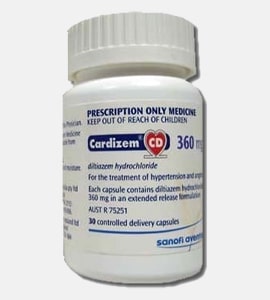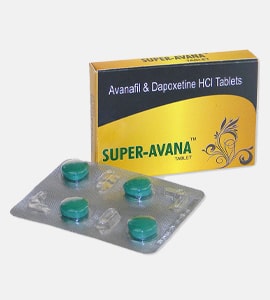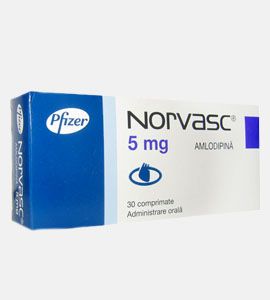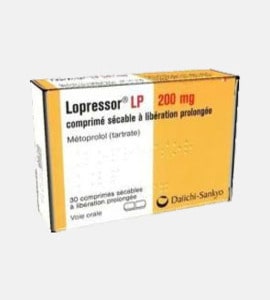Description
Common use
Diltiazem belongs to a group of so-called calcium channel blockers. This medication relaxes blood vessels and lowers the heart rate. It can be applied in the treatment of hypertension, angina pectoris, some types of arrhythmia.
Dosage and direction
Use Cardizem as it is prescribed by your doctor Do not use the medicine more often than it is prescribed. Do not give up taking it except on the advice of your doctor. It may need time for medicine to help. Consult your doctor concerning the proper dose for you.
Precautions
Before taking Cardizem to tell your doctor or chemist if you are allergic to it; or if you have other allergies. Inform your doctor or chemist if you have Wolff-Parkinson-White syndrome, SA or AV nodal abnormalities or reduced ventricular function. Also, tell your doctor if you are pregnant or breastfeed. Avoid drinking alcohol and smoking while being treated with this medication. Aged people can be more sensitive to the side effects of the medicine.
Contraindications
Cardizem should not be used by patients having demonstrated a reaction of hypersensitivity to this medicine.
Possible side effect
The most common side effects are dizziness, constipation, facial flushing, headache, weakness, etc. A very serious allergic reaction rarely occurs. Many people using this medicine do not have serious side effects. Turn to your doctor or pharmacist for more details. In case you notice the effects not listed here, contact your doctor or pharmacist.
Drug interaction
Tell your doctor or pharmacist of all prescription and nonprescription/herbal products you may use before using this medication. Cardizem can interact with Quinidine and Beta-blockers. Turn to your doctor or pharmacist for more details.
Missed dose
If you have missed your dose, take it as soon as you remember. If you see that it is near the time for the next dose, skip the missed dose and resume your usual dosing schedule. Do not take your dose twice.
Overdose
If you think you have used too much of this medicine seek emergency medical attention right away. The symptoms of overdose usually include chest pain, nausea, irregular heartbeat, and feeling light-headed or fainting.
Storage
Store your medicines at room temperature between 68-77 degrees F (20-25 degrees C) away from light and moisture. Do not store your drugs in the bathroom. Keep all drugs away from reach of children and pets.



